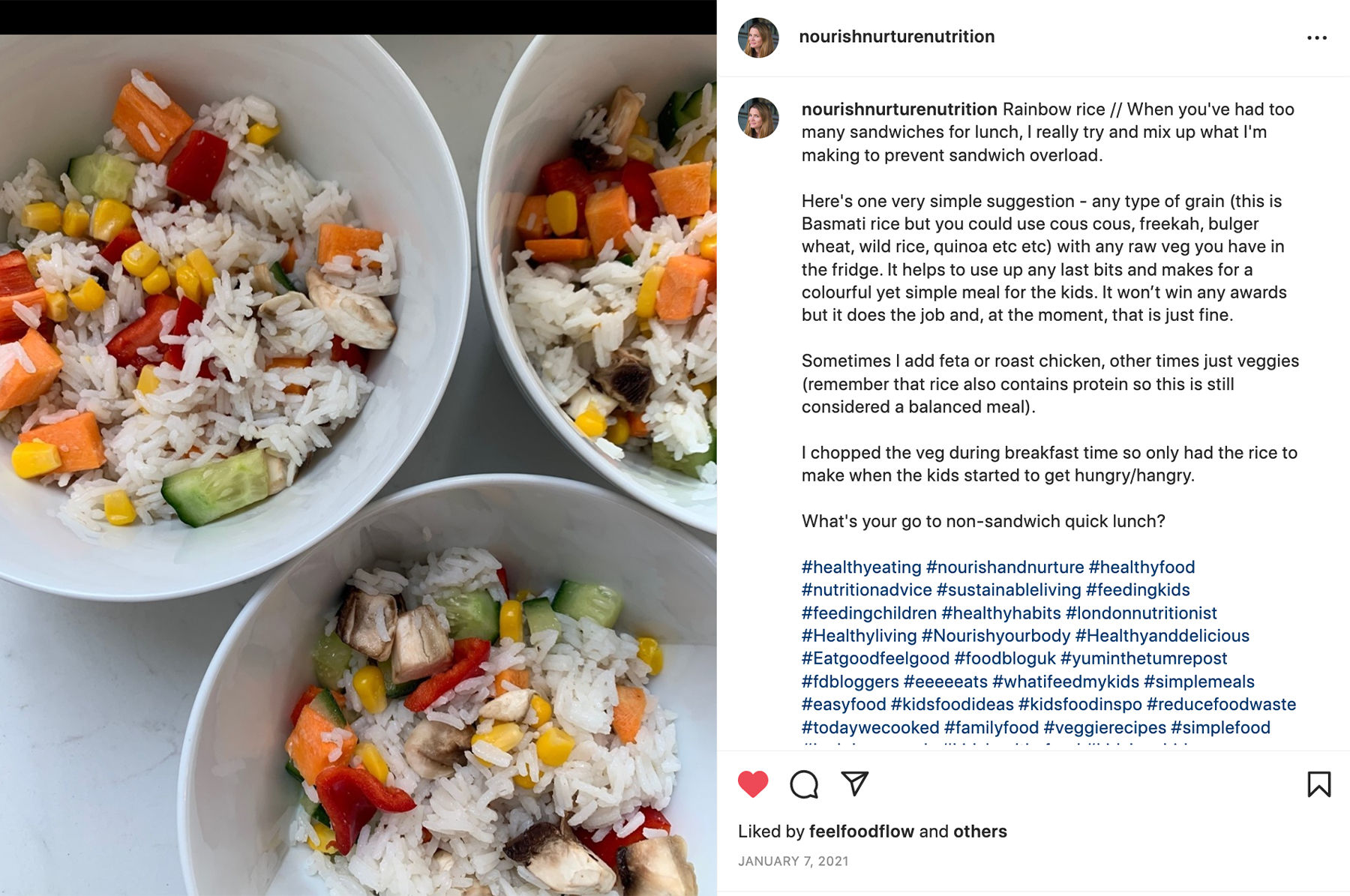Use arrow keys to navigate through the menu items. Use Tab key to navigate through the menu banners.
Tips for Fussy Eaters

Tips for Fussy Eaters
Want to get your toddler to eat more foods? Rebecca Stevens (@nourishnurturenutrition) – a registered nutritionist and mum of three – has methods that work
Mealtimes with young children can be challenging at the best of times, but when they refuse to eat their dinner, the kitchen table can become something of a battleground.
If you’re trying to encourage a veg-phobic toddler to eat their 5-a-day, or trying to persuade a cautious tot to eat something new, read on for some useful tips and tricks.
What is fussy eating?
Fussy eating includes the following behaviours:
-
refusing new food
-
having strong likes and dislikes
-
rejecting food unless it is ‘beige’
-
spitting out new foods
-
having a restricted intake of certain foods – especially vegetables
What causes fussy eating?
Fussy eating can be connected to physiological issues (for example, a child with hypersensitivity will notice stronger tastes or smells more readily than one without) or medical issues (for example, a baby with reflux might become fussy as they associate food with pain).
Some of the fussiness can even be traced back to prehistoric times, when rejecting unfamiliar food was a form of self-preservation.
Another reason for mealtime battles? Young children don’t have much control over their lives, but food and mealtimes are areas where the ball is firmly in their court. Although it’s not always easy, keeping calm will have a positive influence on what your child eats.
Rest assured, having a fussy phase, particularly during the toddler years, is normal behaviour and most children do grow out of it.
Will my fussy eater be getting enough nutrition?
According to the NHS, as long as your child eats some food from the four main food groups (fruit and vegetables; potatoes, bread, rice, pasta and other starchy carbohydrates; dairy or dairy alternatives; and beans, pulses, fish, eggs, meat and other proteins) they will still be receiving the nutrition they need.
The NHS recommends that all children between six months and five years – who are breastfed or drink less than 500 ml of infant formula per day – are given supplements containing vitamins A, C and D. Although it’s better for children to get vitamins from food in their diet, if your little one refuses all fruit and vegetables you can buy multivitamin supplements from ASDA or most pharmacies.

7 ways to encourage your fussy eater
Improve your little one’s diet with these tried-and-tested methods.
1. Be their role model
Children learn from others around them. If you enjoy a wide range of foods, including a variety of vegetables, it will encourage them to follow suit.
2. Keep trying
Research shows it can take up to 15 exposures for a young child to accept a new food, so if your toddler won’t eat a certain food, don’t give up. Try it again another time, or try preparing it differently.
3. Try sensory play
Make a game out of smelling and tasting different foods, and guessing what they are.
Incorporating food into play is a good way to introduce flavours in a calmer environment, away from the dining table.
4. Think about your language
Instead of asking questions, such as 'Can you try this broccoli?’, try a statement: ‘You can eat this broccoli.’ This simple change shows confidence in your child, and you’re less likely to get a point-blank ‘NO!’
Focusing on the positives, rather than the negatives, can also help to make dinner times less fraught, so make a conscious effort to praise your child: ‘You’re sitting very nicely at the table today,’ or ‘Well done for having a little taste.’
5. Stay relaxed at the table
Mealtimes can trigger feelings of frustration on both sides. If your child was in the mood to try something new or eat well but becomes angry, it’s unlikely to happen. Try to keep your cool.
6. Look at the week overall
As nutritionists, we aim for a balanced diet over the course of a week, rather than a day. Always try to serve a balanced meal, but don’t worry too much if one food group has been picked at rather than wolfed down. By taking this approach, you can take the strain away from mealtimes.
7. Try ASDA’s recipes for kids
For yummy recipes created by kids for kids, from Popcorn Chicken to Fish Finger Traybake, check out these Kids’ Kitchen meals.
Help & Customer service
- Help Centre
- How to shop
- Product recalls
Payment Methodslist with 8 items
- Asda Group of Companies
- Modern Slavery Statement
- Electrical Waste Recycling
- Terms & Conditions
- Customer Review Policy
- Privacy Centre
- Cookie Settings
- Accessibility
© ASDA 2025